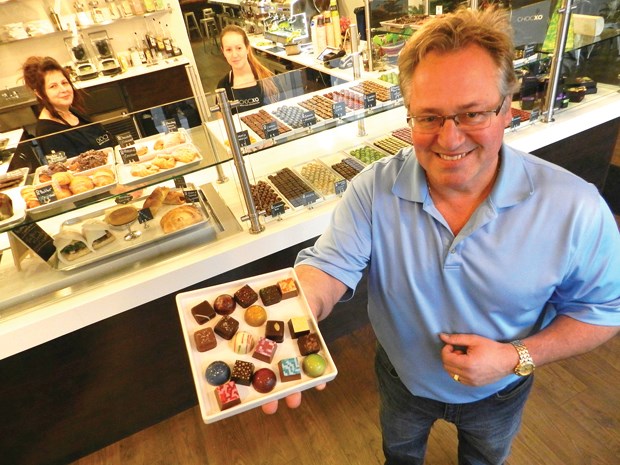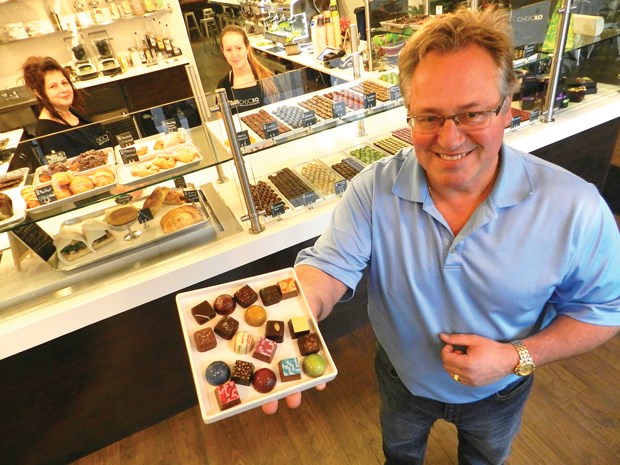Oil prices have plummeted, the Loonie continues to tumble and the Bank of Canada cut interest rates for the first time in four years.
It’s all doom and gloom then, right?
Not here in Richmond, anyway, where one shining light is the very distinct possibility of more tourism dollars flooding into and being spent in the city, in particular by U.S. citizens on vacation.
Richmond relies heavily on tourism and often feels the effects of the strengths and weaknesses of the Canadian economy’s peaks and troughs.
Many local businesses, which export their products to the U.S., are expected to reap the benefits of the falling Loonie over the next few months.
But it’s in tourism that the impact is forecasted to be even more immediate as American travelers arrive with increased spending power due to the exchange rate.
“In the short term, (the effect) is going to come primarily from the spending from the U.S. visitors, who are already booked to arrive here,” said Tourism Richmond’s CEO Tracy Lakeman, who cited a recent VISA Canada study, which showed Richmond among the top 10 cities in the country where U.S. travelers spent the most money. (Richmond was ninth, Vancouver was second).
“It’s harder to say what the longer term effect might be; people are making their travel plans right about now.
“We’re planning for around five per cent growth and it will be interesting to see if that increases.”

He said the falling dollar helps and hurts his business at the same time due to the ingredients Chewters has to import.
“With our Canadian suppliers, we have very little effect, but with our USA suppliers, our costs are dramatically effected which, in turn, may need to be passed on to the consumer eventually when the difference becomes too high to absorb,” said Pugh.

“Fortunately, we do export to the U.S. 65 per cent of our manufactured goods.
“This enables Chewters to increase the margin with these sales.”
Pugh said they try to have at least a “good balance or ‘natural hedge’ where negatives are offset from positives, so in effect the outcome remains balanced.
“We buy some supplies and goods in U.S. funds and we sell as much as we can to the U.S.
“Other ways we have operated is by buying futures in U.S. funds to hold a currency price stable for a period of time at a reasonable cost.”
Basically, added Pugh, “sell as much as you buy at least in U.S. funds so they offset as best you can.”
Companies can gain a foothold in the U.S. marketplace, explained Pugh, because “our goods are less expensive but one must be careful as the currency can go up just as easy as it goes down, so be prepared for a roller coaster ride if you do not have a balanced strategy.”
The mainstays of the industry, such as hotels, restaurants and attractions are likely to feel a direct benefit from the changing economy, added Lakeman, highlighting research Tourism Richmond conducted two years ago in the Seattle area, which showed the city’s affordability, accessibility and Asian culture as the three main reasons for coming here.
The Loonie lost a near half-cent to the U.S. dollar Thursday morning, closing at 80.62 cents, the lowest since April 2009.
The price of oil has fallen by 55 per cent since last June, and investments in oil and gas are expected to drop another 30 per cent.
Gas prices at the pump have fallen steadily over the last couple of months and are hovering in Richmond around the one-buck per litre mark.
Consumer in B.C. should brace themselves for more rising prices for fresh fruits and vegetables imported from the U.S.



